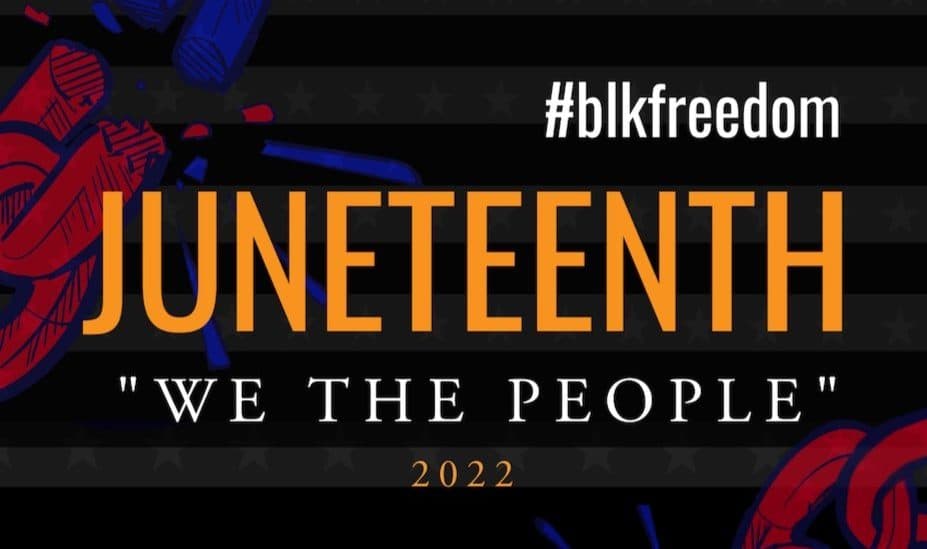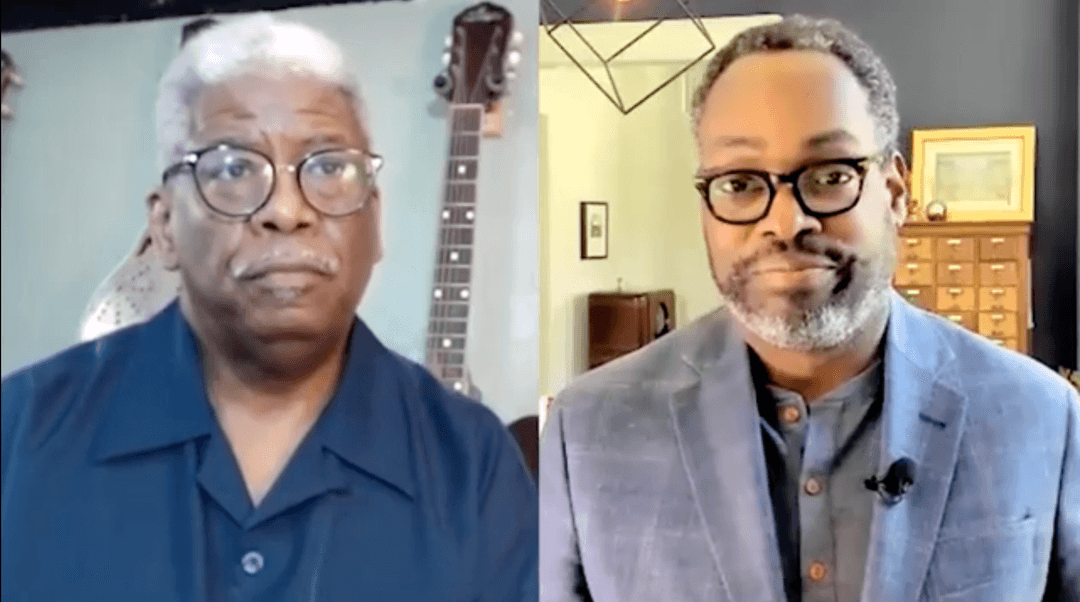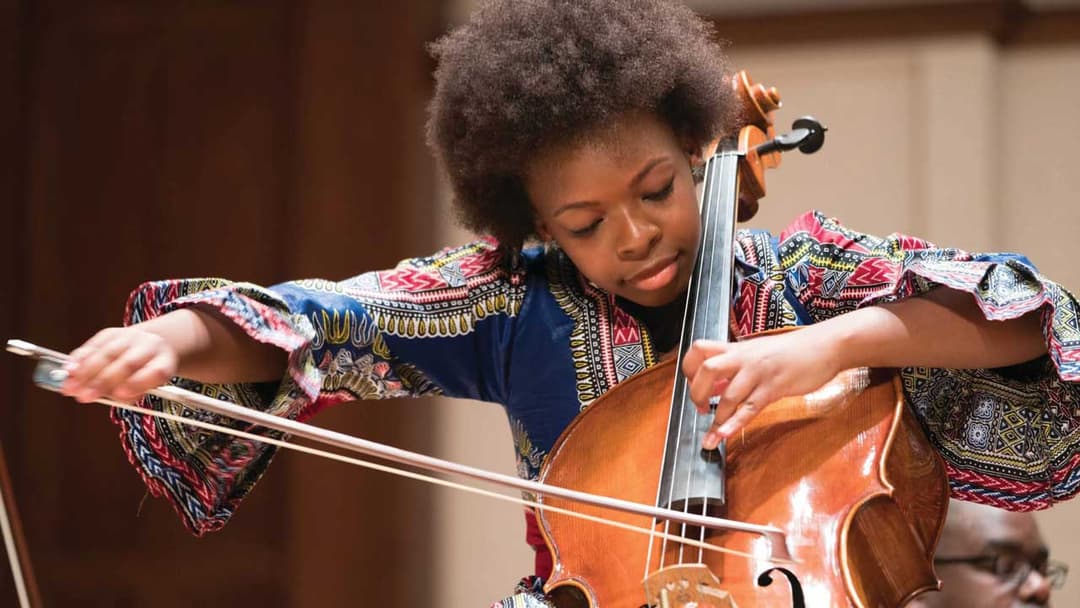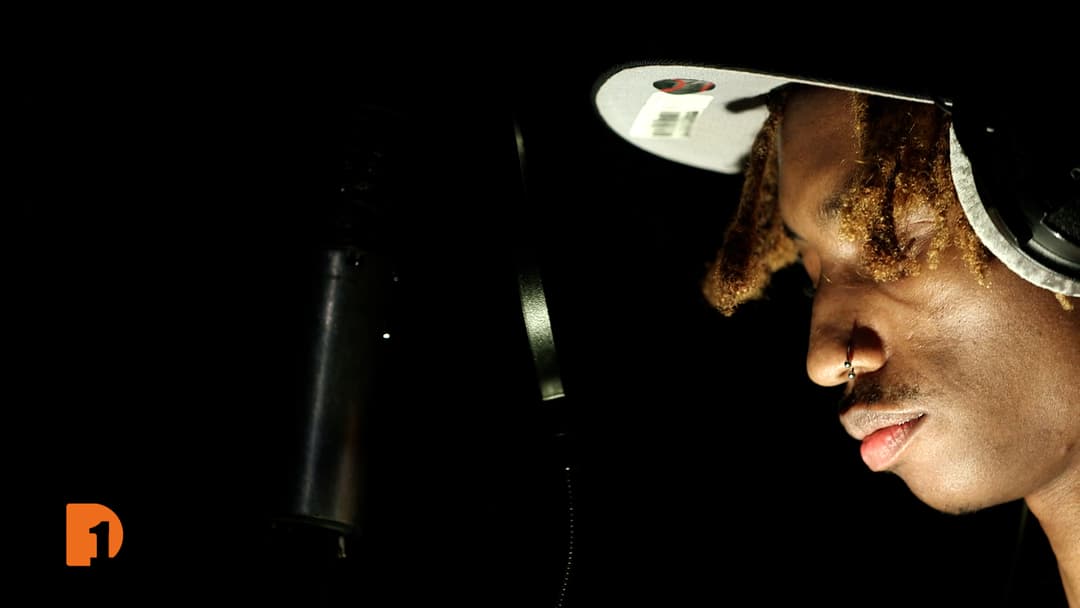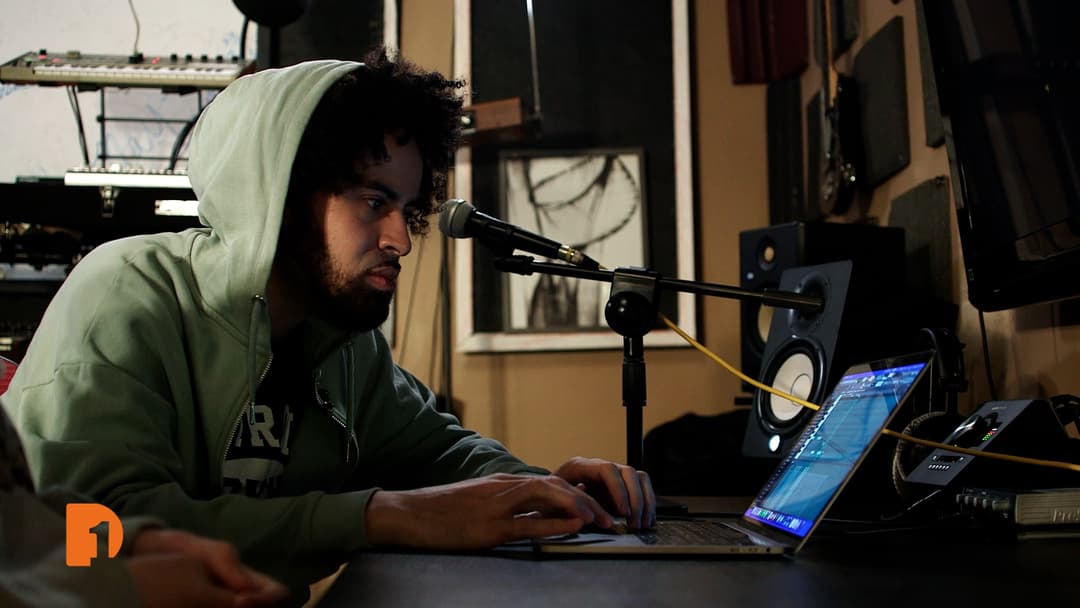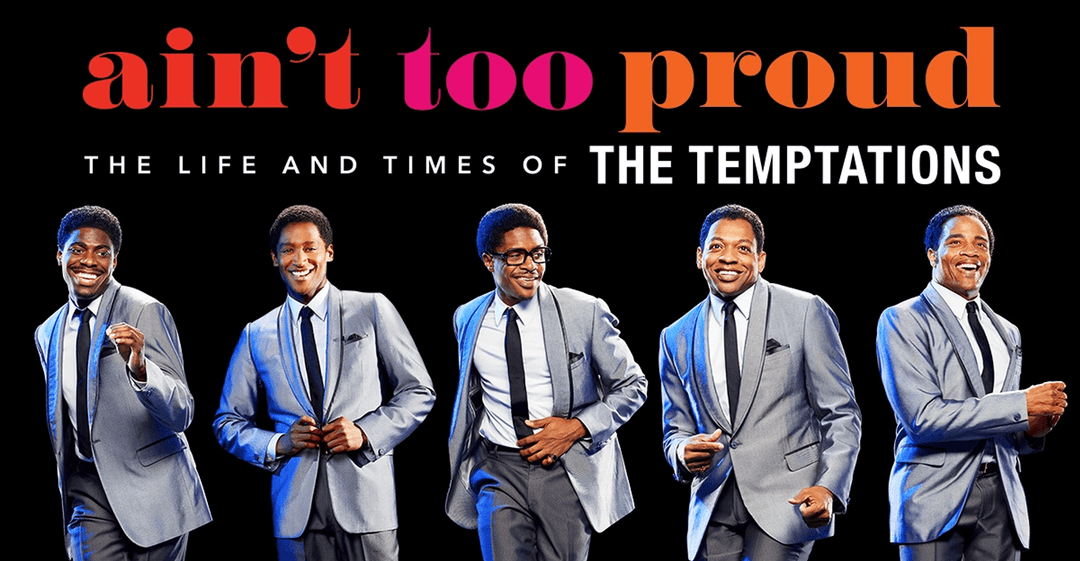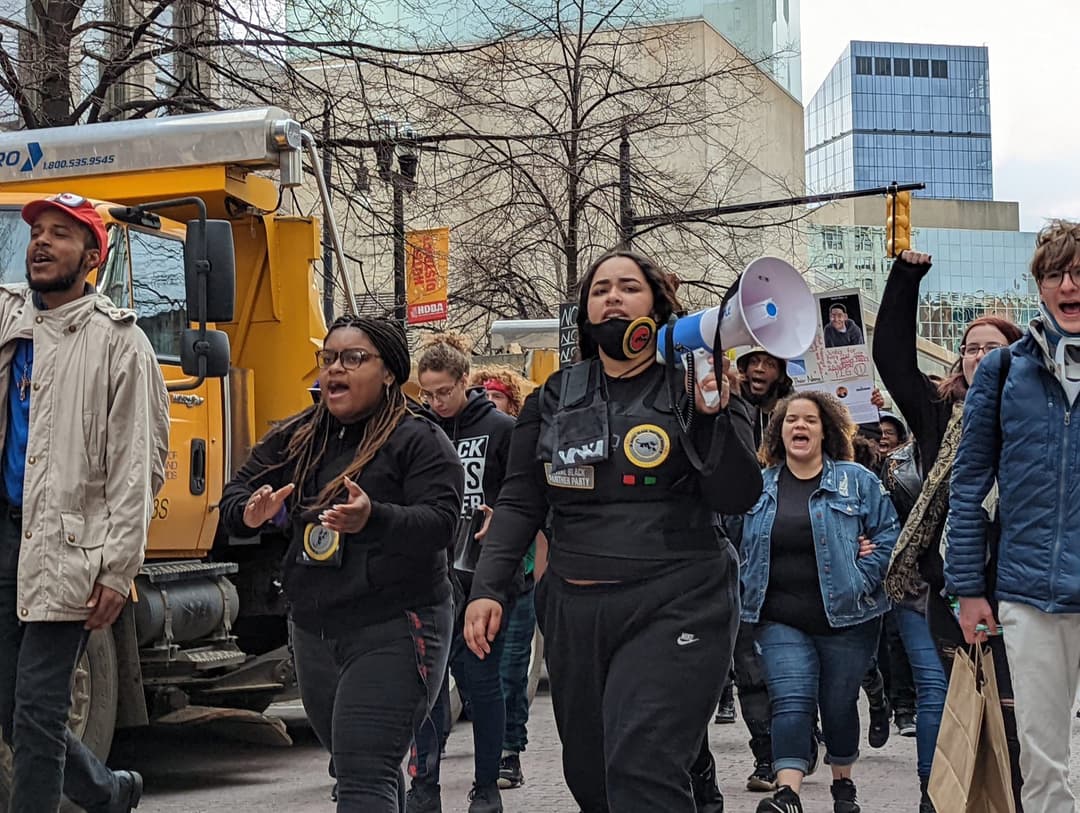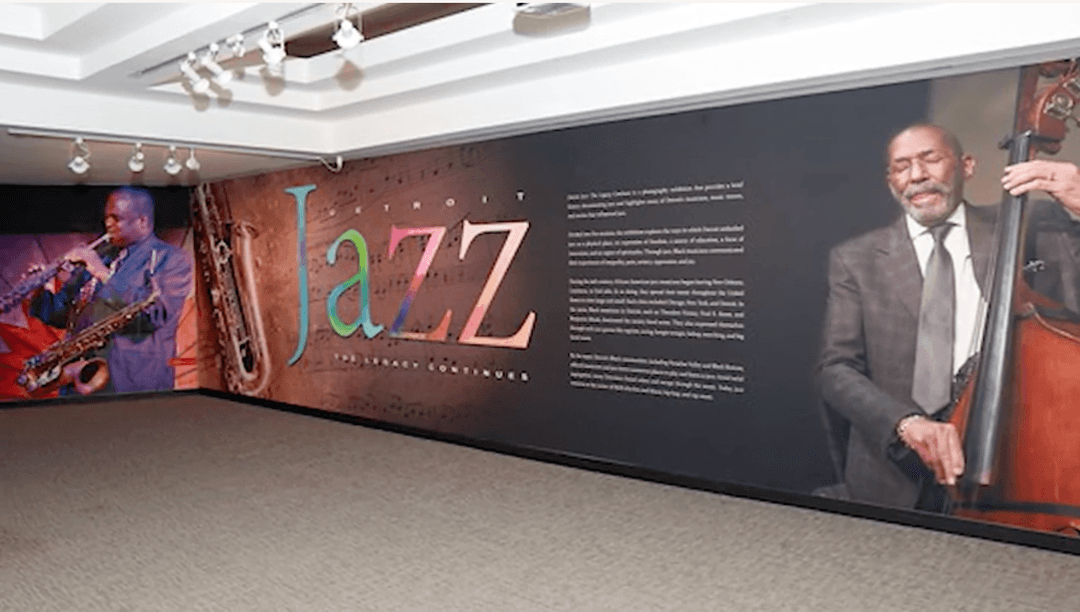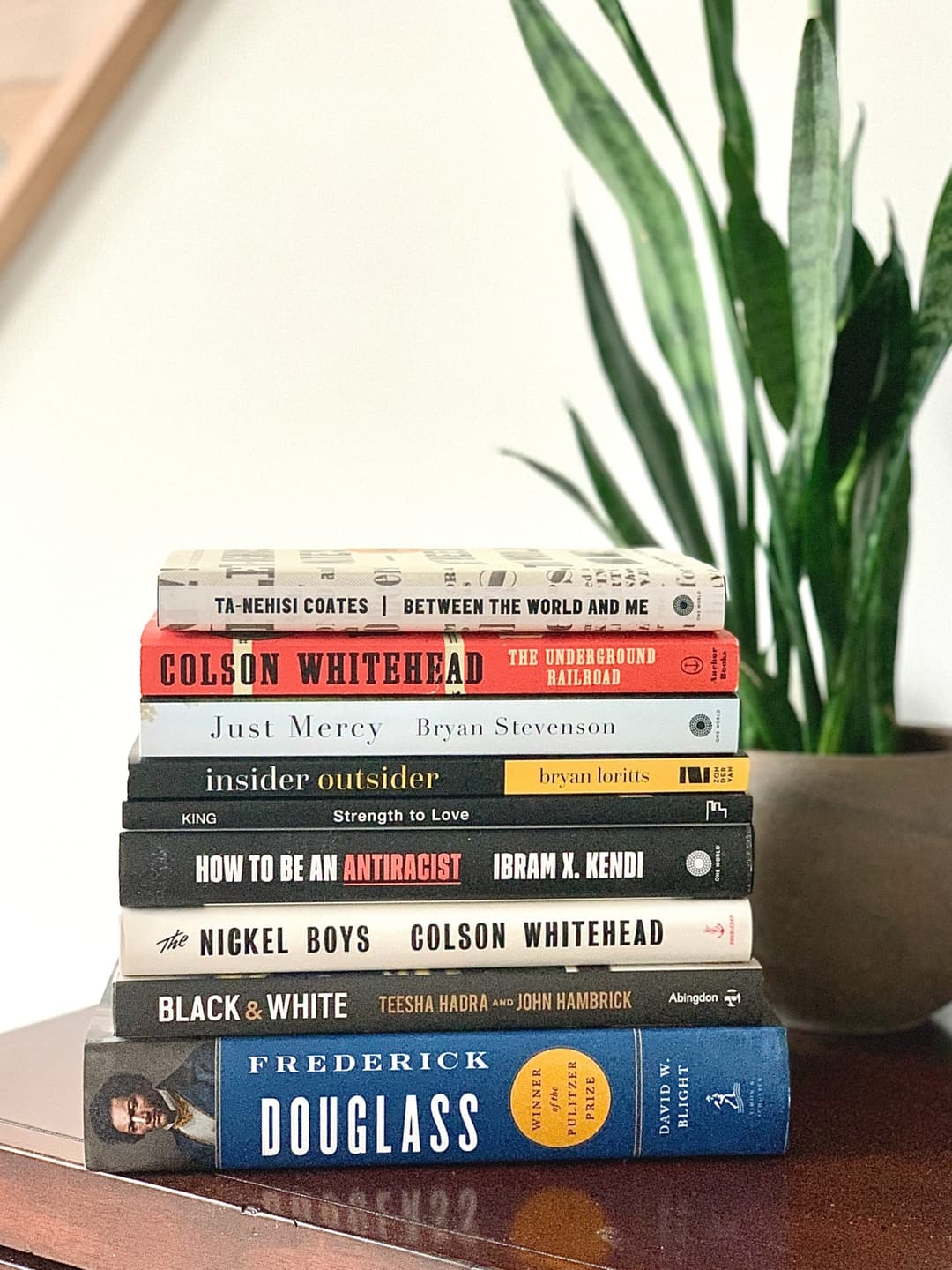The history of HOT 107.5 WGPR, Michigan’s first Black-owned FM radio station
Jan 24, 2023
When hip hop aficionados want to listen to their favorite music in Southeast Michigan, where do they turn? They can turn the radio dial to HOT 107.5 WGPR FM, Detroit’s only all-hip-hop radio station. But the radio station wasn’t always playing the latest hip hop hits.
In celebration of hip hop’s 50th birthday, HOT 107.5 WGPR FM President Kenneth Hollowell and Marketing & Promotions Director Koffey Brown join “American Black Journal” host Stephen Henderson to share the history of the radio station and its evolution into the hip hop format.
RELATED: Fundraising gala celebrates legacy of WGPR-TV 62, America’s first Black-owned TV station
Plus, Henderson learns more about how the radio station came to be Michigan’s first Black-owned FM radio station in 1964, the types of programming it offered through the years, and the important role it has and continues to play today, for hip hop artists and the African American community.
Full Transcript:
Stephen Henderson, Host, American Black Journal: Mr. Hollowell, I’ll start with you. Talk about the significance of that, the history, that anniversary and how we look back on it.
Kenneth Hollowell, President & General Manager, Hot 107.5 WGPR FM: Okay. Well, we’re celebrating our 59th anniversary in broadcast radio. Began back in 1964 with International Free and Accepted Modern Masons, led by Dr. William V. Banks, who then our Supreme Grandmaster, purchased WGPR, 107.5FM. Which was then known as Grosse Pointe Radio and immediately changed that acronym to me, where God’s Presence Radiates.
For many years, the station operated out of the headquarters of International Masons, located at the corner of Gratiot and St. Aubin in the city of Detroit. And it stayed at that location until 1985, when it moved to its current location at 3146 East Jefferson to share space with its sister media station, WGPR TV 62, which, as you said, Stephen was the first African American owned and operated TV station in the United States. WGPR being the first FM station owned by Blacks in the city of Detroit.
And we stayed there since that time. In the early days of broadcasting, WGPR was primarily centered around religious broadcasting, with church. Churches having their worship services aired on the radio on Sunday morning, along with news and R&B. And later, it also added some other ethnic programming from the Arabic community and Hispanic and some others. That went on for a number of years, and then we went into full blown R&B. And in 1970 we had our first significant major change.
And in 1970, with the approval of the FCC, we enhanced our sound to include 50,000 watts of radiated power, giving us a range of 90 miles in the metropolitan Detroit area, covering 15 counties in the state of Michigan, parts of Ohio and Canada, our sister country across the river. This was good for us we think and good for the Detroit community. It gave African-Americans a voice here in our city, and we are very proud to continue that legacy until today. In 2011, we entered a time brokerage agreement sometimes referred to as a local marketing agreement with Radio One, where we permitted them to program the station and its format.
They made a determination to change it from R&B to hip hop, and that continued under their programming until December 31st of 2019, and then beginning January of 2020. We assume again full operation of the station and we continued with the hip-hop format and Koffey Brown is going to talk to you about the 50th anniversary of hip-hop a little later.
Stephen Henderson: Yeah.
Kenneth Hollowell: And we are very proud of the contributions that we brought to this community. We consider ourselves to be the local and loyal Detroit station. We started here in the city of Detroit. We stayed here in the city of Detroit. We are still independently owned and operated by Black Americans. Again, still owned by International Free and Accepted Modern Masons and Detroit is our base. And we think that we have a contribution to make to the community, not only in the city of Detroit, but within the 90 miles of its environs that have the opportunity to enjoy the programming that we provide.
Stephen Henderson: Yeah.
Kenneth Hollowell: And we salute you for giving us that.
Koffey Brown, Marketing & Promotions Director, Hot 107.5 WGPR FM: Yes.
Stephen Henderson: Sure. So, you know I grew up here in the city in the early 1970s is when I would have started listening to the radio. And the station I started with other than WJZZ which was the station that my parents listened to. They were huge jazz fans. But the station that I listened to was WGPR.
And what I remember from back then is that on the FM dial, maybe my memory is not right, but there were only two R&B stations back then. There was WGPR and WJLB. Yeah. And so WGPR was the one I listened to because I lived over on the east side, not far from the station. I figured I should be loyal to the station down the street.
Koffey Brown: And that was a part of the community.
Stephen Henderson: That’s right. That was my first introduction to radio. Let’s talk now about this turn to hip-hop, the hip-hop format, and the 50th anniversary of hip-hop. Koffey Talk about what that has meant to the station and to the community. There aren’t a lot of stations, of course, anywhere in the country that are just hip-hop stations.
Koffey Brown: Right. And the 50th anniversary is a big thing this year right. People all over the world will be celebrating the 50th anniversary. The official date is August 11th, but all of the celebrating has already begun. So in New York, they built a whole museum that’s going to be dedicated to nothing but hip-hop. Right. And to know that I work for a station like WGPR, that is one of the first stations where Billy Tee was one of the first official DJ’s to dive in and go full force and play hip hop and techno music. And now I’m able to be a part of such a historical thing.
Stephen Henderson: Wow.
Koffey Brown: It’s exciting, right? So now we’re getting ready to be a part of the celebration next month with the museum that we have, which is the William V Banks Museum. We’re going to do something to pay homage to hip hop, something that started what 1973 when a DJ had no idea when he had these two turntables and start mixing these two songs together. And made them play in a direction where the singing now turned into what nobody had a name for at that time was rap, and hip hop was created.It’s so many parts to it. You got the DJ’s, you got the MC’s, you got the graffiti, you got the breakdancing. And like Biggie said, who thought hip-hop would make it this far? Right. Fifty years.
Stephen Henderson: Yeah.
Koffey Brown: That’s something to celebrate and be thankful to be a part of, because when other people or older people or certain people heard hip hop, they’re like, that stuff isn’t going to last. What is that? And now WGPR has Black owned by the three International Masons. Right? And to have this here right in Detroit where we can help up-and-coming artists that are coming out. We broke a lot of artists. We have a lot of new artists that come in here. We also have hip-hop legends that does old-school hip-hop show here. So GPR is a staple in a community and we have a lot to do with the hip hop here in Detroit.
Stephen Henderson: Yeah, I mean, the idea of it being in Detroit, Detroit is such a kind of critical place for the creation of hip hop and the perpetuation of it. Talk about how… How that interaction unfolds between the station and this really vibrant hip-hop community.
Koffey Brown: In the nineties, they had something called the hip-hop shop. I know… do you remember the hip-hop shop?
Stephen Henderson: I do.
Koffey Brown: Yes. So that was where a lot of the hip hop artists in Detroit would go and battle rap and they got to test their skills out on each other. A lot of people went there from Eminem. Rest in peace to Proof who was the host at the hip hop shop. A lot of these people went on to become famous. And so fast forward, there’s been things done here like rap battles at hip hop, Hot 107.5. And then now we have a segment on Friday where they’re playing new artist and releasing that to the public so they can hear these new artists and say how they feel like they sound, and maybe they’ll end up being like an Eminem or something.
Stephen Henderson: Yeah. Go ahead Mr Hollowell. We’ve only got about a minute left, though.
Kenneth Hollowell: Okay, very good. I was just going to say, you know, a lot of folks, when they think of hip hop, they think of just young people. But hip-hoppers are in their fifties and sixties these days. So, you know, it’s a phenomenon that has lasted along, has stood the test of time. And we’re very proud to be able to bring it to the Detroit listening community.
Stephen Henderson: Yeah. Well, congratulations on all of this. And of course, on being the only all hip hop station here in Detroit. I mean, that really does matter in a community like this. But thanks to both of you for being with us on American Black Journal.
Koffey Brown: Thank you for having us.
Kenneth Hollowell: And thank you for having us again, Stephen.
Stay Connected:
Subscribe to Detroit PBS YouTube Channel & Don’t miss American Black Journal on Tuesday at 7:30 p.m and Sunday at 9:30 a.m. on Detroit PBS, WTVS-Channel 56.
Catch the daily conversations on our website, Facebook, Twitter and Instagram @amblackjournal.
View Past Episodes >
Watch American Black Journal on Tuesday at 7:30 p.m. and Sunday at 9:30 a.m. on Detroit Public TV, WTVS-Channel 56.
Stay Connected
Subscribe to Detroit PBS YouTube Channel & Don’t miss American Black Journal on Tuesday at 7:30 p.m. and Sunday at 9:30 a.m. on Detroit PBS, WTVS-Channel 56.
Catch the daily conversations on our website, Facebook, Twitter, and Instagram @amblackjournal.
Related Posts
Leave a Reply
Your email address will not be published. Required fields are marked*

